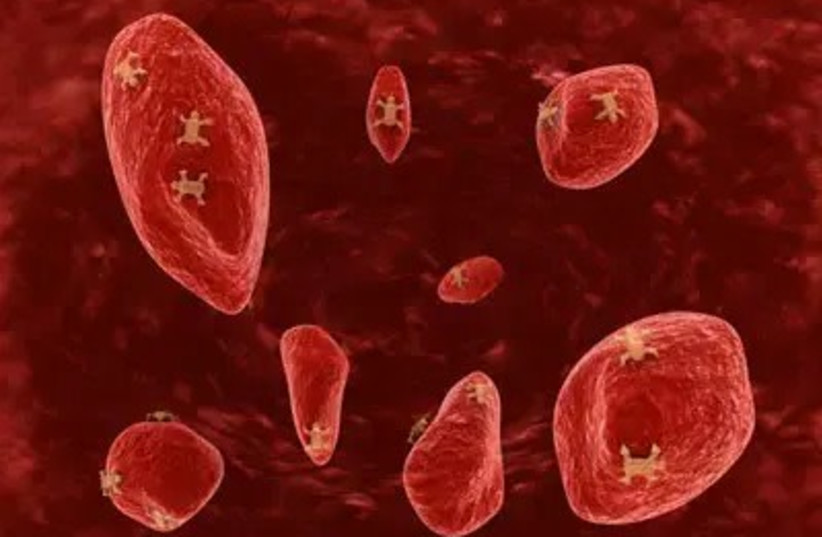A revolutionary new treatment for cancer called mRNA therapy is being given to patients at the Amersmith Hospital in West London. This treatment is intended to assess the safety and efficacy of treating melanoma (skin cancer), lung cancer, and other solid tumors.
The new treatment uses mRNA (messenger RNA), and works by presenting common signals from tumors to the patient's immune system. The goal is to help the immune system identify and fight cancer cells expressing these same signals.
"New mRNA-based cancer immunotherapies, such as mRNA-4359, offer a new avenue for recruiting the patient’s own immune system to fight their cancer," said researcher Dr. David Pinato of Imperial College in London.
Pinato further stated that this research is still in its early stages and may take years before it becomes available to patients. However, this new experiment laid down crucial foundations that can help develop new treatments against cancer that are much less toxic and more precise. "We desperately need these to turn the tide against cancer," he added.
Recently, several cancer vaccines have entered clinical trials worldwide. They are divided into two categories: immunotherapeutic vaccines that are specifically tailored to the cancer and rely on extracting the genetic material of the patient's own tumors, and therapeutic immunotherapy drugs for cancer, such as the mRNA therapy recently launched in London, which is tailored to a specific type of cancer.

The main goal of the new trial, called "MOBILIZE," is to determine if this type of mRNA treatment is safe and tolerable for patients with lung or skin cancer and can shrink tumors. The treatment will be given as a standalone therapy in certain cases and in combination with existing cancer medication in others.
mRNA treatments: Educating the immune system
The mRNA is at the core of the new treatment. It is a molecule similar to DNA, composed of parts called "nucleotides" arranged in a way that instructs the cell on how to produce proteins. When a treatment containing mRNA is administered to the body, cells start producing proteins encoded by the mRNA's "programming."
The proteins generated arrange themselves on the surface of the treated cell and are identified by the immune system to elicit an immune response, including antibodies against the disease. mRNA treatments "program" the body's cells to change, thus encouraging the immune system to produce the necessary antibodies and white blood cells of the T-cell type to neutralize the disease.
We first became familiar with mRNA treatment through the Pfizer and Moderna COVID-19 vaccines, which have achieved high efficacy rates compared to other vaccines created using traditional methods.
Researchers say that while the current treatment is experimental and still in the early testing stages, they hope that it may ultimately lead to a new treatment option for types of cancer that are difficult to treat today, if the approach proves to be safe and effective.
What causes the rise in cancer cases?
Cancer cases worldwide are on the rise and reach new peaks every year. According to the World Health Organization, 20% of men and one in every six women will develop cancer. One of the main reasons for this is that cancer cells can become resistant to drugs, making it challenging to treat tumors. In recent years, scientists have been searching for new approaches to combat cancer.
Preclinical tests in cell models and animal subjects have provided evidence that the new treatment has an impact on the immune system and can be offered to patients in early clinical trials.
